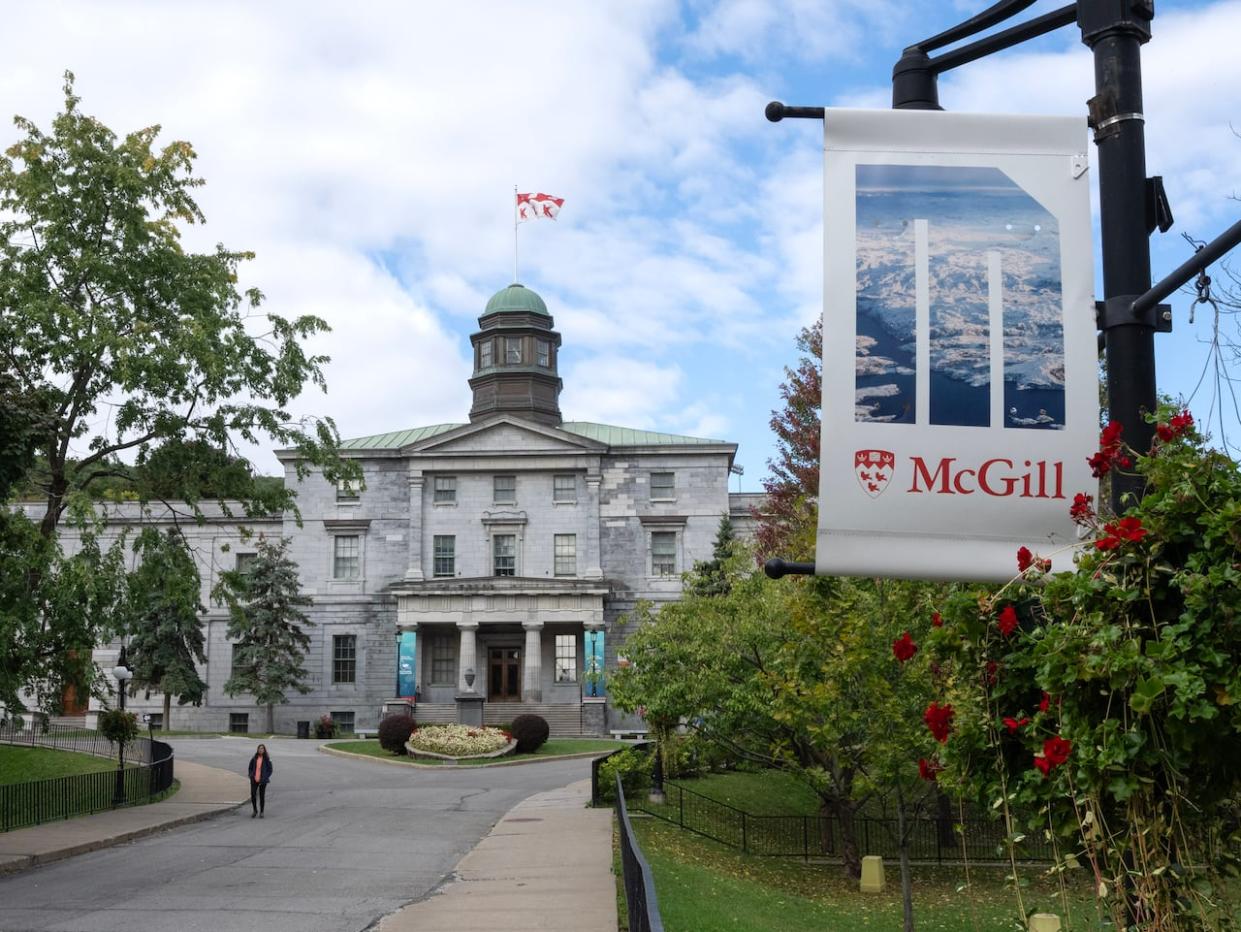Quebec reduces tuition hike for out-of-province students, adds requirement to learn French

Students from outside of Quebec attending an English-language university will still have to pay more in tuition next year, but not as much as the government initially announced.
But there's a catch: most of them will have to learn French.
Quebec's three English-language universities — McGill, Concordia and Bishop's — will have to, by the 2025-26 academic year, ensure that 80 per cent of their out-of-province students learn French. Those students will need to be able to demonstrate a level-five oral proficiency, essentially the ability to hold a conversation, by the end of their undergraduate studies.
And those students, Canadian students from outside the province, will pay a minimum of $12,000 in tuition — an increase over the $8,992 they currently pay, but a step back from the $17,000 that the Quebec government initially had in mind.
That increase will come into effect next year, for students attending English universities beginning their studies in the 2024-25 academic year.
Quebec's Higher Education Minister Pascale Déry made the announcement in a letter sent to the heads of English-language universities on Thursday morning.
Bishop's University, a small anglophone institution in the Eastern Townships region, will have some exemption from the new tuition increases. It will be able to offer tuition fees at the current rate — $8,992 — to 825 students from the rest of Canada, a fixed number set by the government.
Bishop's will still have to hit the same francization goals as the other universities, ensuring 80 per cent of out-of-province students reach the level-five proficiency grade. Unlike McGill and Concordia, Quebec's other two English universities, Bishop's government funding will not be directly tied to hitting that mark.
McGill and Concordia could see their funding that is dedicated to acquiring students from outside the province reduced if they don't manage to teach French to enough students.
The move is part of a bid by Déry to reduce what she and the CAQ government have described as the decline of French in the province.
In her letter, Déry said the measures are intended to "correct the financial imbalance between the anglophone and francophone university network and ensure a better retention and integration rate of Canadian and international students to Quebec society."
In October, Déry announced that tuition fees would be doubled for students from the rest of Canada studying in Quebec. Anglophone students coming to McGill and Concordia University in Montreal were contributing to the decline of French in the city, she said.
The higher fees were both intended as a dissuasive measure, she and Premier François Legault said, and as a way to collect more money that the government could distribute to French universities, which attract fewer of those students from outside of Quebec — and earn less money from tuition fees as a result.
The heads of Quebec's three English-language universities had said the measure would decimate their funding and unfairly disadvantage them.
In response, they proposed a counter-offer to the government, offering several measures, including mandatory French-as-a-second-language courses to their students.
Déry, in her letter, said the university heads had recognized the decline of French in Quebec.
Despite that, she said the universities' offer didn't go far enough.

